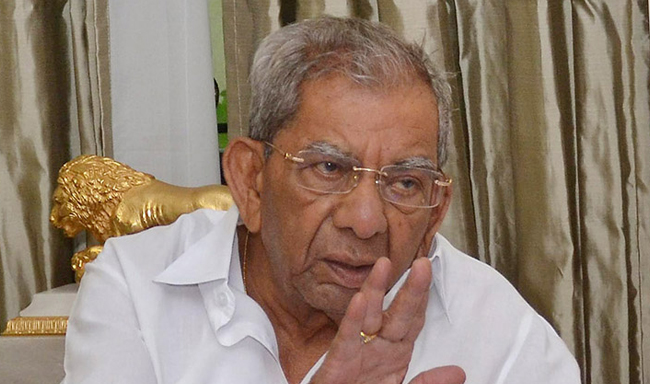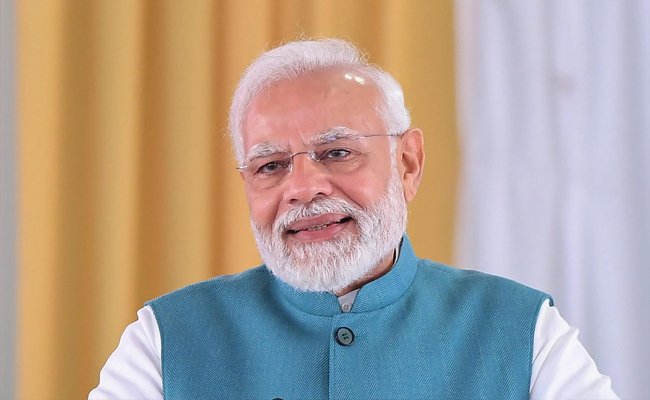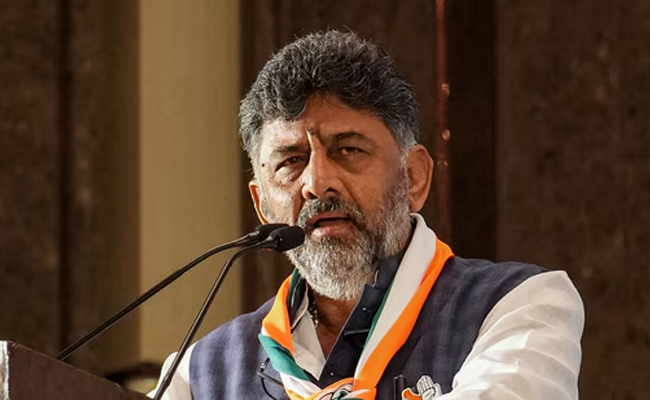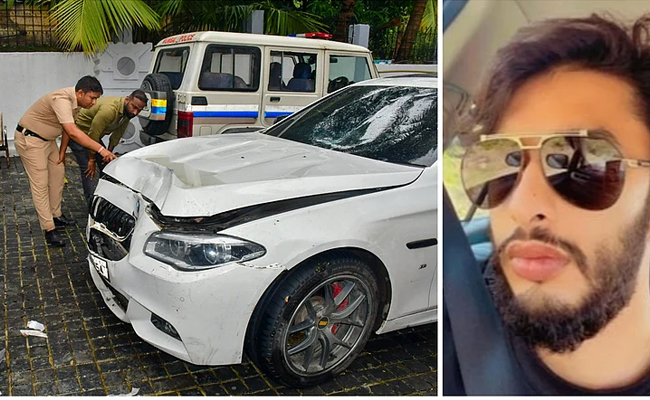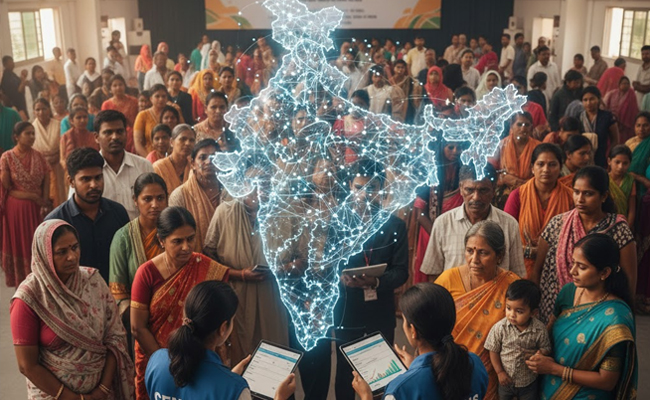Chitradurga: We are living in times when it is difficult for a girl to approach a seer, Shamanuru Shivashankarappa, veteran political leader and president of the Veerashaiva Mahasabha, has said.
Addressing a national-level theatre programme in Sanehalli, Hosdurg taluk, on Tuesday, Shivashankarappa expressed his worries in the backdrop of the Murugha Mutt pontiff facing charges of sexual assault on minor girls.
“Parents from any background would want their children to get good education and prosper in life. Now, we are witnessing a situation where a parent would fear sending a girl near a pontiff,” said the leader, also condemning such a social situation.
Advising girls also to be careful, Shivashankarappa stated that the Veerashaiva Mahasabha would take appropriate decision in the matter.
Let the Truth be known. If you read VB and like VB, please be a VB Supporter and Help us deliver the Truth to one and all.
New Delhi (PTI): Prime Minister Narendra Modi on Saturday termed the mandate received by the BJP-led NDA in the Thiruvananthapuram Corporation a "watershed moment" in Kerala's politics and expressed gratitude to the BJP workers for the "spectacular results".
The Left parties suffered a major setback in the Thiruvananthapuram Corporation, held by them for 45 years, as the BJP-led NDA surged ahead with a huge lead.
Reacting to the civic body results, the prime minister said it is a day to recall the work and struggles of generations of karyakartas (workers) in Kerala, who worked at the grassroots, which ensured today's result became a reality.
"Thank you Thiruvananthapuram! The mandate the BJP-NDA got in the Thiruvananthapuram Corporation is a watershed moment in Kerala's politics," he wrote on 'X'.
PM Modi said the people are certain that the development aspirations of Kerala can only be addressed by the BJP. "Our Party will work towards this vibrant city's growth and boost 'Ease of Living' for the people," he said with the hashtag #VikasitaThiruvananthapuram.
The prime minister said the BJP karyakartas are the strength of the party, and everyone is proud of them.
"My gratitude to all hardworking BJP karyakartas who have worked among the people, which has ensured a spectacular result in the Thiruvananthapuram Corporation," he said.

